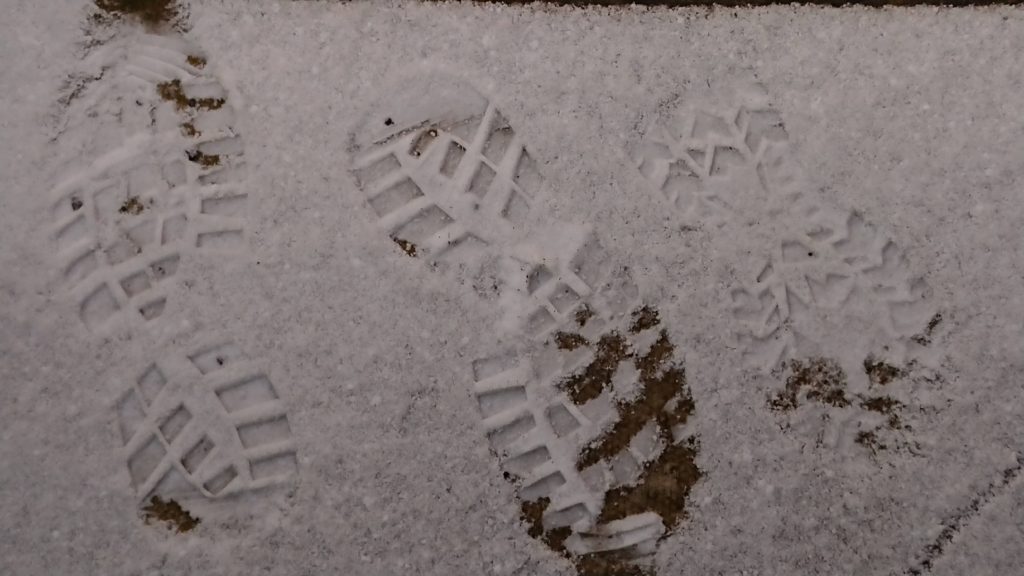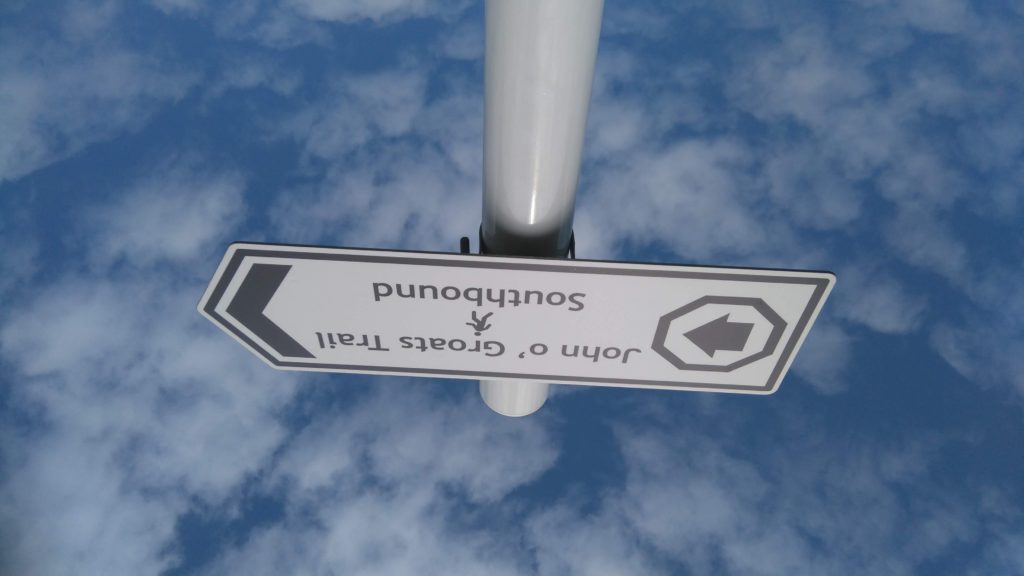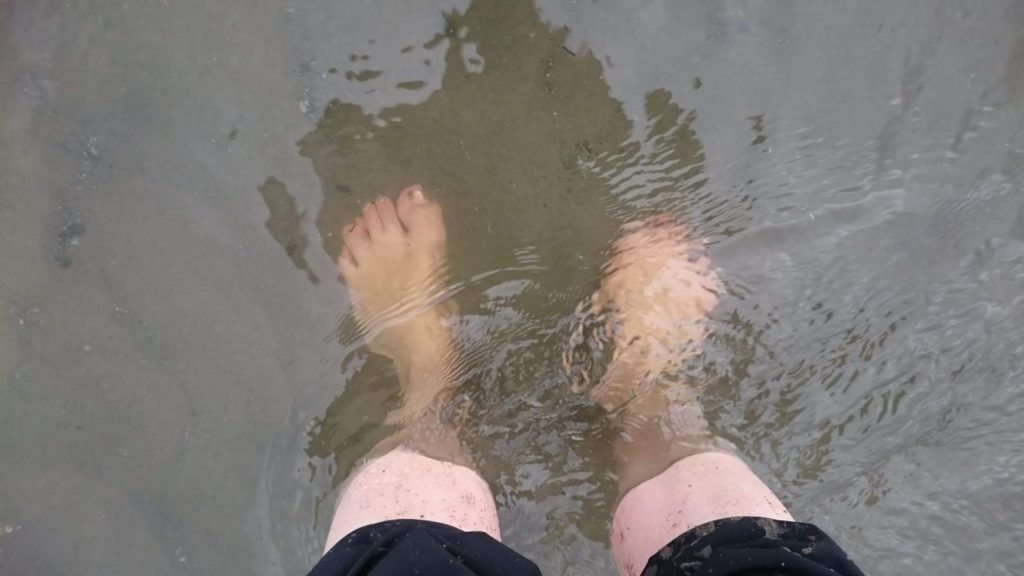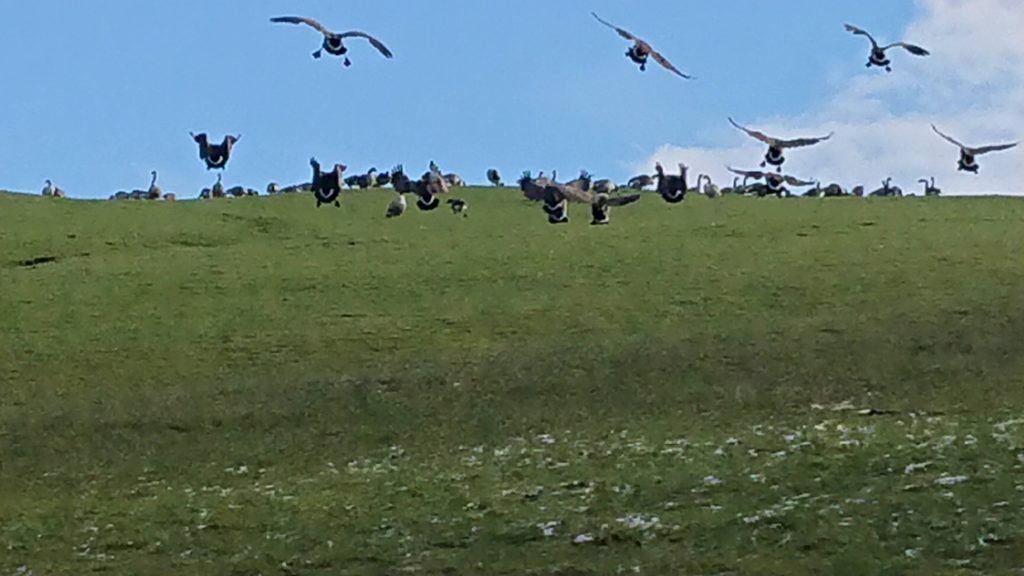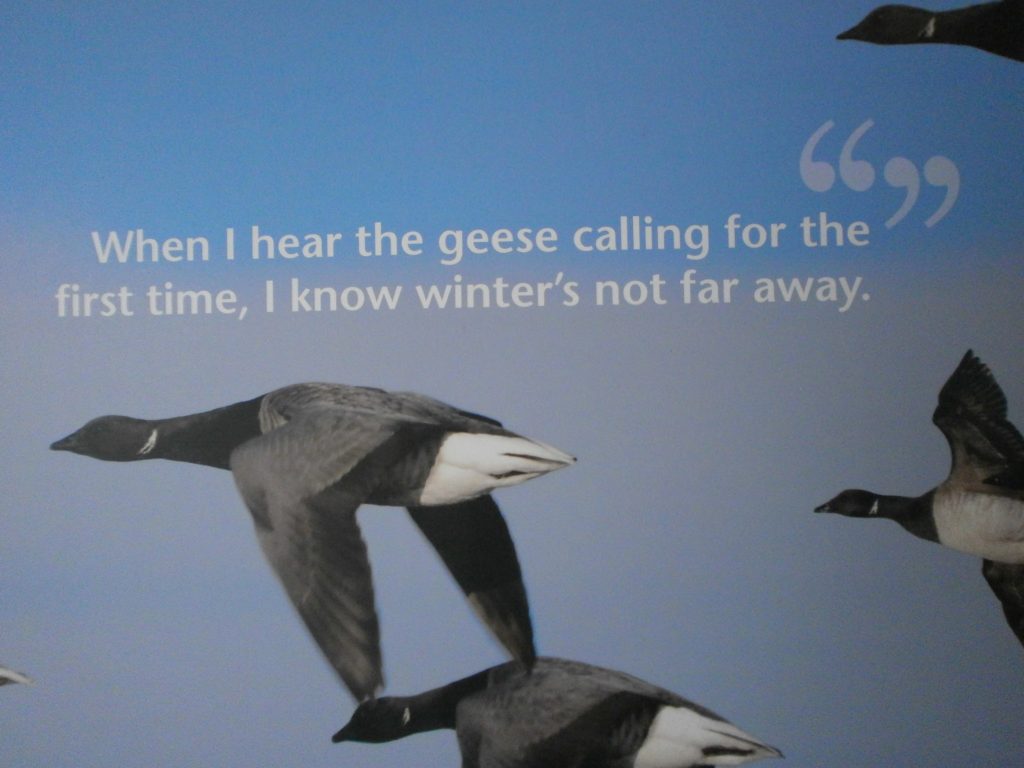Dear Benedict,
In chapter 71 your refer to one of the things I find hardest to contextualise for 21st century people: obedience. You were operating in a hierarchical society and your Rule about being obedient to those selected to lead was not something to question. In some ways these early monastic communities were the beginning of democracy. That’s an on going project.
Our 21st century world has many different ways of understanding obedience. In some places obedience is required on pain of death. Any dissent is severely dealt with. In others situations we have moved on from corporal punishment for, for example, children to the delight of some and the annoyance of others. Others find ways of seeming obedient on the surface but get round the rules in hidden ways. In yet others, obedience is demanded from abusive leaders who blight the lives of those they should be serving. So much then for obedience. It’s no wonder people find it difficult. Some rule with an iron fist and obedience is coerced. Other rule with a soft mitten …… (decide for yourself what is the consequence of that)
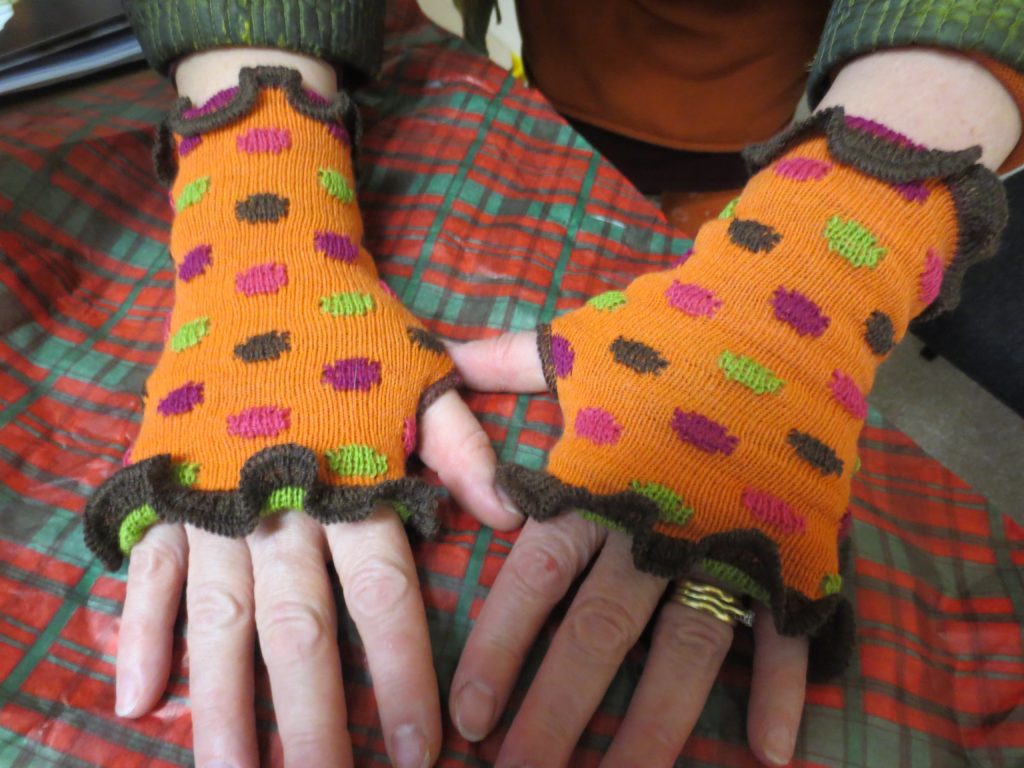
In March 2020 our Prime Minister told people to stay at home, due to COVID19. Some did for the good of all. Some didn’t because they couldn’t (low wages, no sick pay for example) or wouldn’t (libertarians who wouldn’t be told what to do, for example). Now with COVID19 infection and death rates rising again in the UK, the government would seem to have spent all its currency on obedience, neither side really now being content to trust its judgement.
So it’s amazing that we have now arrived at COP26, a large international, in person gathering about the Climate Emergency in Glasgow. Only of course we haven’t all arrived. Some have never set out, either because they can’t or don’t want to. Some are still in Rome at the G20 and will doubtless arrive in Glasgow having used less environmentally friendly forms of transport to do so (I really do not understand why the two meetings could not have been scheduled sequentially in the same place).
One of the things COP26 points to is the need for a new look at obedience: for us to be obedient to each other, and most essentially to those most vulnerable to climate change. Unlike the leaders of a monastic community we did not elect these people, but we did play a part in keeping them on the margins. Being obedient to each other is the thing we need to replace unquestioning obedience with. It’s the blessing of the most vulnerable that we should look for when we are caught out in our climate exploiting games.
We keep the Rule best when we readily give up any power or privilege we have in order to have better relationships in our fragile world which will lead to the thriving of all creatures. I am not more important than the earthworm or the bee (or any invertebrate for that matter) for without them I cannot thrive. I am not more important that one who lives on a small island in a rising ocean, for I do so too, or to one who lives sustainably in a place of ice and glaciers, for without their efforts I also drown.
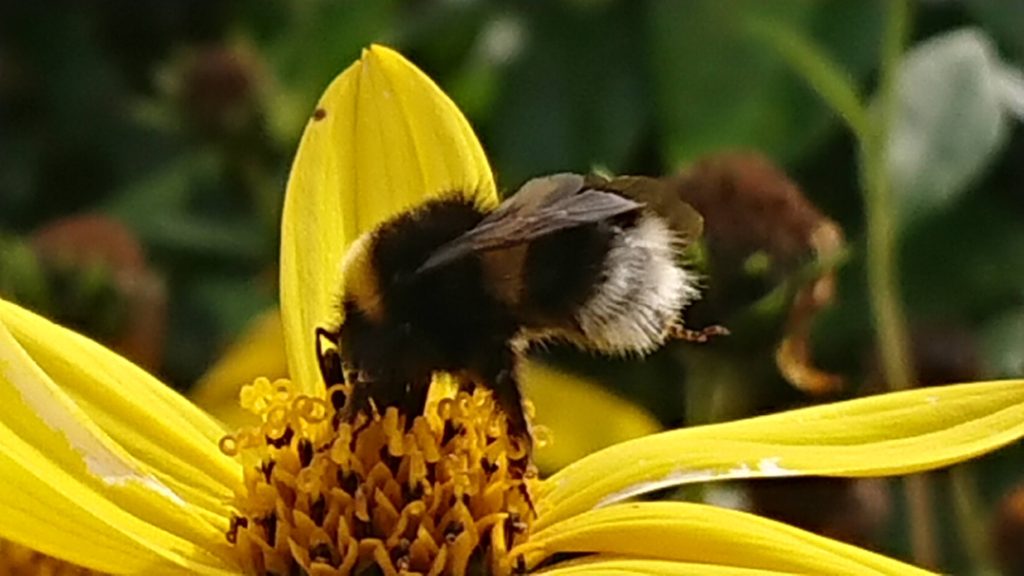
It doesn’t surprise me that the leaders a country that makes a lot of wealth out of the use of fossil fuels wants to alter the language of a report in order to endorse their right to continue to do so. Neither does it surprise me that large countries emitting increasing amounts of carbon don’t want to come to a summit in which they are lectured by those western governments who seem to see it as their paternal right to set the agenda.
What I don’t understand is why a teenage girl who speaks up for the climate and the action we need to take should attract so much abuse. It is those who will continue to inhabit our more and more precarious planet who we need to ask a blessing from.
Chapter 71, were I to suggest a bit of editing, would be about that. Honour the smallest, the least, the most vulnerable amongst you. Don’t expect obedience for obedience sake. No one should be ruling the roost with this Rule.
From the remembered gospel: Let the children come to me, let them speak for me.
O God open our lips.
From a Friend of Scholastica and a Member of the Lay Community of St Benedict.

